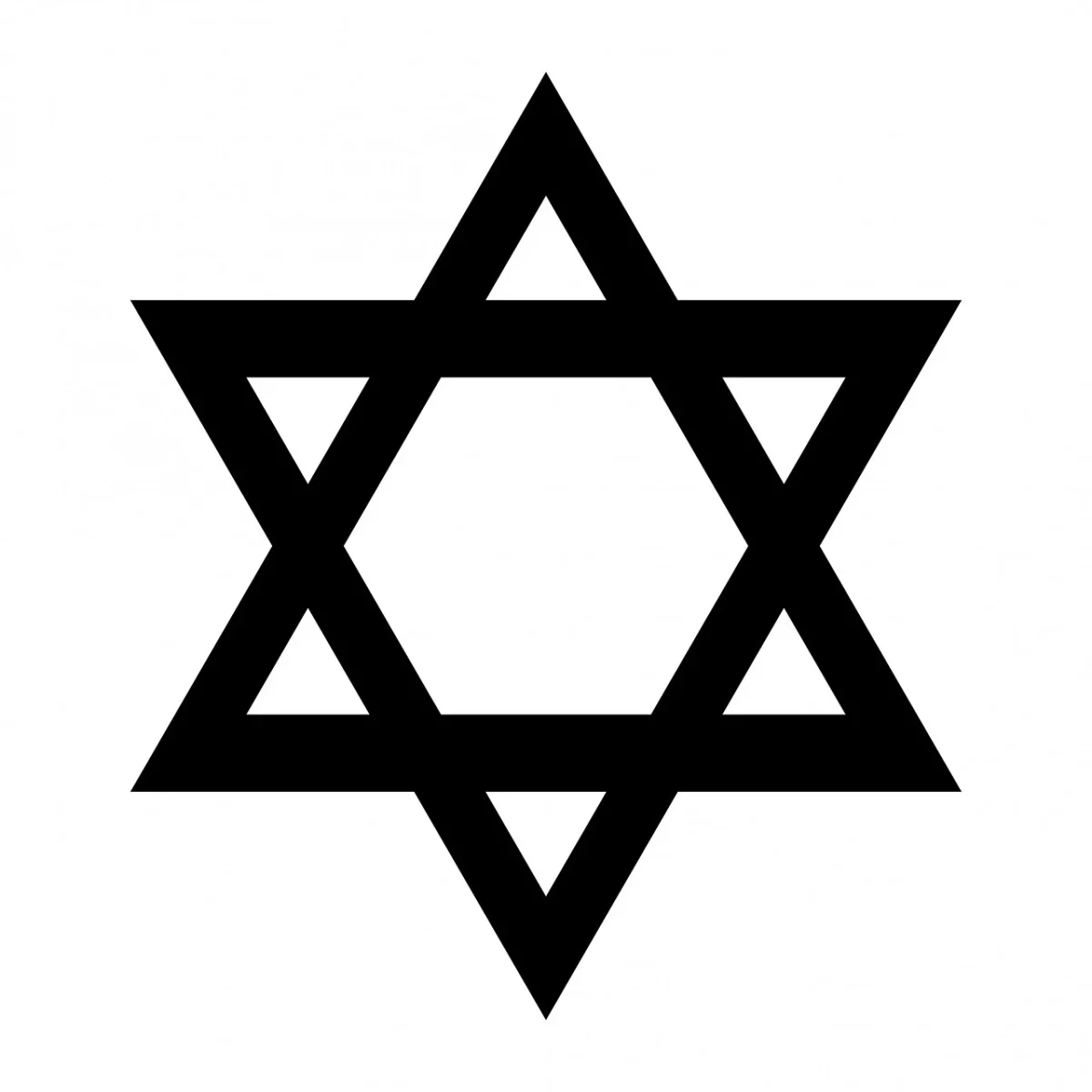
When Mr. Jacobs, a Jewish history teacher, passionate about his student’s success in school, told me his older sister, Enid Dame Z”L was a famous writer and poet, a wonderful star-stricken feeling washed over me. I hadn’t heard her name or read any of her works before, but upon hearing this, I knew I had to; knowing that the close relative of my teacher and fellow Pikesvillian had a name in the writing world filled me with a sort of prideful glee one feels on a local level. I knew I had to dig deeper into her career, and better yet, the influence such a vast and historical Jewish community like the Baltimore Jewish community could have on her writings and the messages they conveyed.
Dame was born June 28th, 1943, to the sort of middle-working class Jewish family you could find in the Baltimore community then and now. “Her parents were both artists,” remembers her niece DeDe Jacobs-Komisar, “[they would have] arguments around the table every night- influenc[ing her artistic spirit] by growing up in that culture of her family.”
Because of this, from a young age, Dame had an undying passion for social justice, particularly women’s rights in the wake of what was an oppressive time period for many. Then, she also had a close relationship with Mr. Jacobs, her younger brother, despite being a whole ten years older, built on education and shared compassion for others.
“[She] showed me things a white, middle-class Jewish kid would have never seen,” says Mr. Jacobs, recalling his many visits as a young teenager to Dame’s apartment in Greenwich Village during winter breaks.
There, she would introduce him to the diversity of the 1960’s New York writing scene and ongoing social justice efforts at the time. “[Enid] accepted and made friends with people of different races, religions, and groups at a time where that wasn’t so common.” On one occasion, Dame held and led her own Passover seder, inviting many of her non-Jewish friends – “My mother and I were the only other Jews there,” recalled Mr. Jacobs.
In touch with her Jewish identity, biblical analysis and references are frequent in Dame’s works, reminiscent of her tight-knit Jewish community, serving as critiques of traditional gender roles in Judaism, citing Lilith as a muse. Lilith, according to legend, was Adam’s first wife who was banished from Gan Eden as a result of her disobedience. Her defiance became a symbol of women’s empowerment through the Tanakh in academia; nearly any paper on the subject of Lilith has mention of Enid Dame.
“[Dame’s poetry] helped me deepen my experiences with Jewish women in the Torah [and] not take for granted other people’s characterization of Jewish women in the Torah” says DeDe Jacobs-Komisar, Dame’s niece, remembering her aunt’s writings.
“DeDe is the reincarnation of Enid” Mr. Jacobs jokes, and indeed, during my interview with Mrs. Jacobs-Komisar herself, I noticed glimmers of Dame’s own creativity and humanity that can be found in her works with every eager memory of her aunt she recalled.
“At my sister’s bat mitzvah, I was seventeen, back from my first [gap] year in Israel. [Services were held] at a very Orthodox shul,” recalls DeDe, “I remember seeing Enid on the women’s side of the mechitza. At the time I could see on my dad, [Mr. Jacobs’] face that he could see the discomfort in Enid.”
Dame made her position known through her writing and her voice, those around her who knew her as well as those who didn’t would soon be aware of her passion and views.
Below is one of Dame’s better-known poems on her muse of choice: Lilith, comparing and criticizing the roles of defiant women throughout history and the role of religion in their dissent. She uses Lilith as a constant motif, and while her name is never mentioned, little historic and biblical knowledge is needed to understand she is the center of it all.
The poem reads like a beat poem, with many spaces indicating pause and rhythm, reminiscent of Dame’s origins in the New York arts scene of the sixties.
“Lilith”
Enid Dame Z”L
kicked myself out of paradise
left a hole in the morning
no note no goodbye
the man I lived with
was patient and hairy
he cared for the animals
worked late at night
planting vegetables
under the moon
sometimes he’d hold me
our long hair tangled
he kept me from rolling
off the planet
it was
always safe there
but safety
wasn’t enough. I kept nagging
pointing out flaws
in his logic
he carried a god
around in his pocket
consulted it like
a watch or an almanac
it always proved
I was wrong
two against one
isn’t fair! I cried
and stormed out of Eden
into history:
the Middle Ages
were sort of fun
they called me a witch
I kept dropping
in and out
of peoples sexual fantasies
now
I work in New Jersey
take art lessons
live with a cabdriver
he says, baby
what I like about you
is your sense of humor
sometimes
I cry in the bathroom
remembering Eden
and the man and the god
I couldn’t live with






